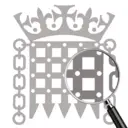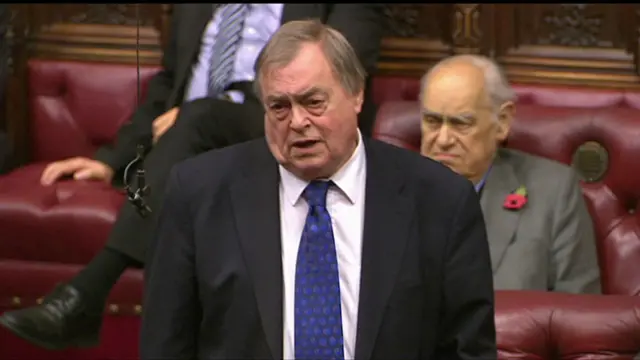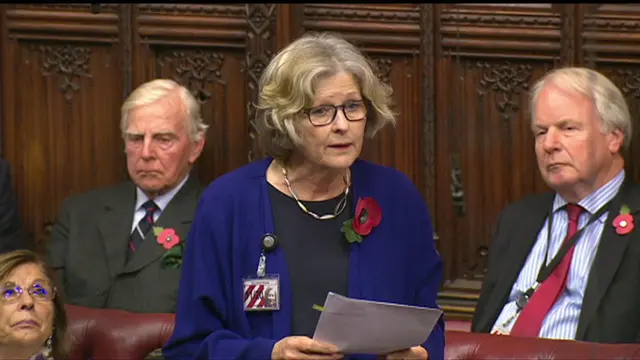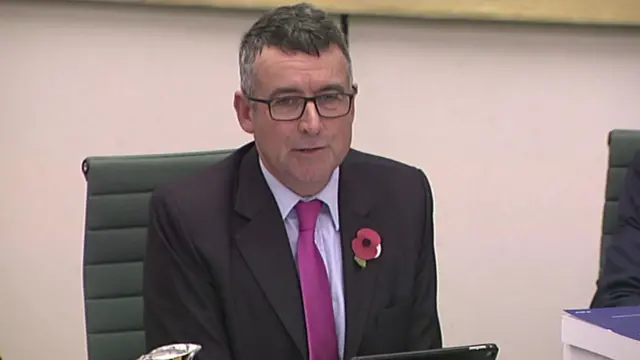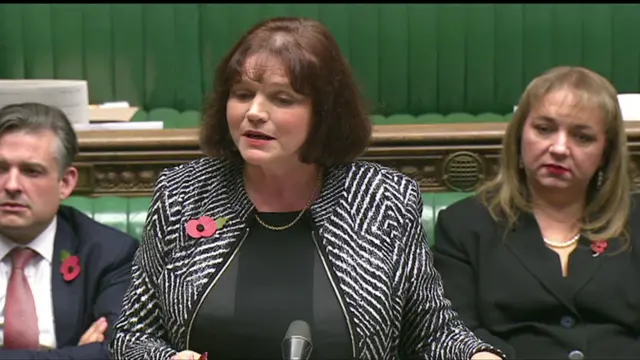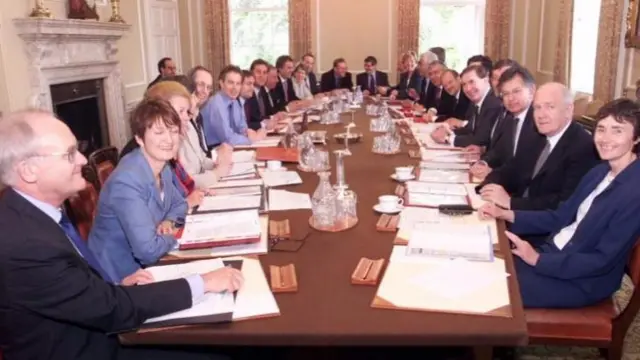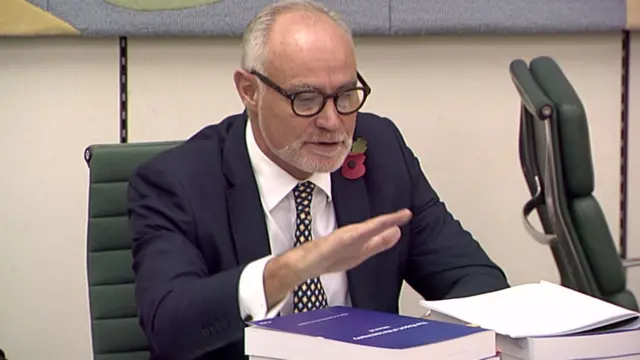Yvette Cooper to investigate Orgreave decisionpublished at 16:25 GMT 2 November 2016
In one of her first acts as chairwoman of the Home Affairs Select Committee, Yvette Cooper has written to Home Secretary Amber Rudd seeking information on the decision not to open an inquiry into the 1984 clash between miners and police at Orgreave in South Yorkshire.
Ms Cooper said: "Concern about policing at Orgreave will not go away as long as there are fears that the truth has not come out."
She continued: "We need to know what information the Home Secretary looked at before taking her decision and whether she examined papers from the time from South Yorkshire Police or Government files."
The former shadow home secretary is asking to see the information the government holds on Orgreave, as well as what information underpinned Monday's decision.
